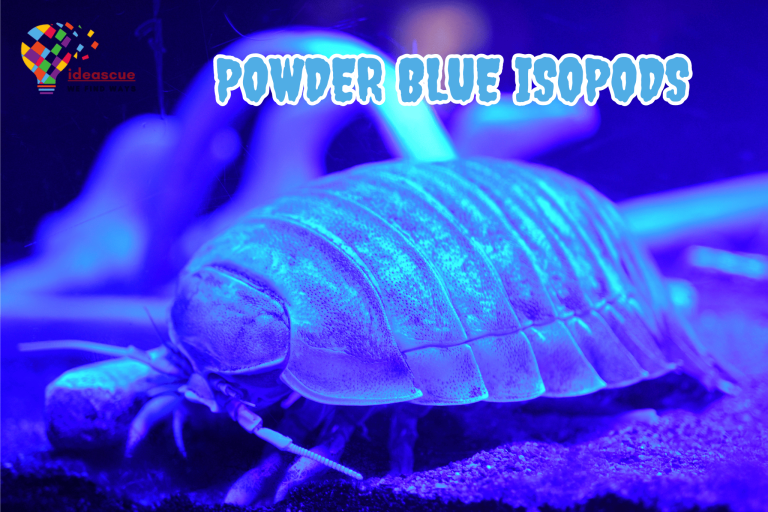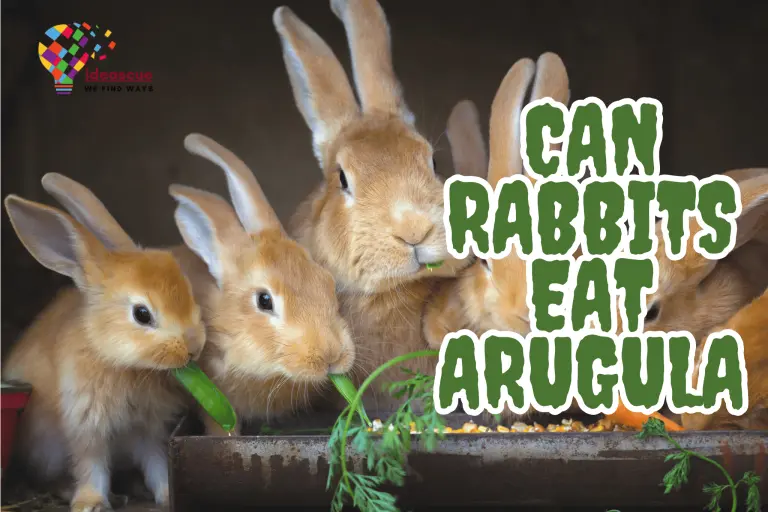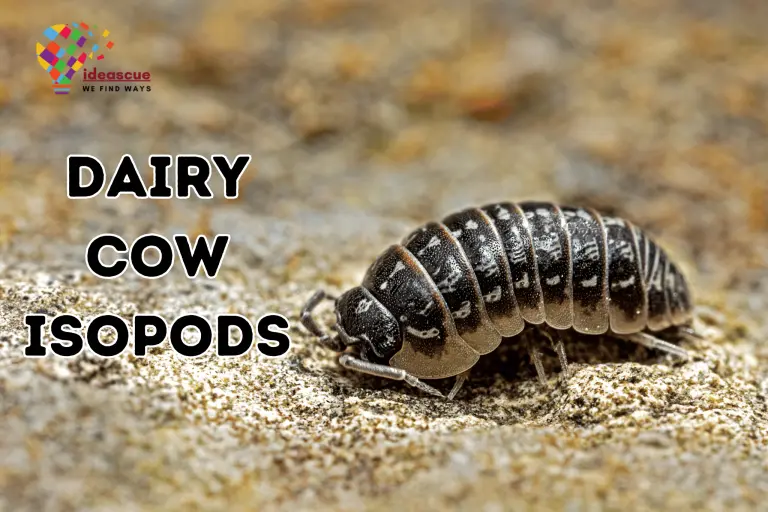Can Rabbits Eat Oranges?
Introduction:
Are you curious about what treats are safe for your fluffy friends? Well, you’re in luck! Today, we’re diving into the world of rabbits and their diets, mainly focusing on the juicy question: Can bunnies eat oranges?
Oranges are a common fruit, but when it comes to rabbits, their suitability as a snack raises questions. This article explores whether rabbits can eat oranges and how these fruits affect their health. We’ll dissect the nutritional value of oranges for rabbits, including their vitamin, sugar, and fiber content.
Can Bunnies Eat Oranges?
Yes, bunnies can eat oranges in moderation. Oranges are not toxic to rabbits, but they should be given as a treat rather than a central part of their diet. The high sugar content in oranges is why they should be fed sparingly. Offering small orange segments occasionally can be a healthy addition to your bunny’s diet.
Rabbits can also consume oranges, but it’s crucial to do so sparingly due to their high sugar and acid content. While offering a boost of vitamin C and hydration, oranges are not a necessary part of a rabbit’s diet.
Excessive consumption of oranges can lead to health issues like gastrointestinal upset and weight gain.
Rabbits benefit more from a diet high in fiber, primarily from hay, rather than fruits. When feeding oranges, remove any seeds and limit the portion to avoid health complications.
Always provide fresh water and hay alongside occasional fruit treats like oranges.
Nutritional Value of Oranges for Rabbits

Oranges offer various nutrients beneficial for your small cute pets, but they must be balanced with other dietary needs. Let’s break down the key components:
Carbohydrates
Oranges are a source of carbohydrates, providing quick energy for rabbits. However, excessive intake can disrupt their sensitive digestive systems.
Carbohydrates in oranges should complement, not replace, the fibrous content of a rabbit’s diet. Monitor your rabbit’s overall carbohydrate intake to prevent obesity and digestive issues.
Fat
Oranges are low in fat, making them a suitable treat for rabbits, who require a low-fat diet. Their minimal fat content aligns well with the dietary needs of rabbits, reducing the risk of obesity.
However, the low-fat aspect doesn’t offset the high sugar content in oranges.
Protein
The protein content in oranges is relatively low, which suits the dietary needs of rabbits. Rabbits require a modest amount of protein, primarily from hay and specialized pellets.
Giving oranges as a treat doesn’t significantly alter the protein balance in their diet.
Dietary Fiber
Fiber is a critical component of a rabbit’s diet, and oranges offer some dietary fiber. While beneficial, the fiber in oranges cannot replace the essential fibers found in hay. Oranges should be an addition, not a substitute, for high-fiber foods like hay in a rabbit’s diet.
Vitamin C
Rabbits naturally produce vitamin C, making the vitamin C in oranges a non-essential but beneficial addition. While oranges offer a healthy dose of vitamin C, it’s not a necessary part of a rabbit’s diet. The vitamin C in oranges can still contribute to overall health, supporting the immune system.
Sugar
The high sugar content in oranges is a concern for rabbits, as they have sensitive digestive systems. Excessive sugar intake can lead to obesity, dental problems, and gastrointestinal issues in rabbits. Oranges should be fed sparingly to avoid these health risks.
Water
Oranges have a high water content, which can help hydrate rabbits, especially in warmer climates. However, they should not replace the constant availability of fresh water. The water in oranges is a bonus, complementing their regular water intake. It’s essential your rabbit has access to clean, fresh water.
How to Safely Feed Oranges to Rabbits
Offer oranges as an occasional treat, not a regular part of their diet. Always remove seeds and excessive pith.
Serving Size: A couple of small segments once or twice a week is sufficient.
Frequency: Limit orange feeding to once or twice a week at most.
Variety: Incorporate a variety of fruits and vegetables for a balanced diet.
Are Orange Peels Safe For Rabbits?
Orange peels can be safe for rabbits, but there are important considerations:
Vitamin C Source
The vitamin C in orange peels is a healthy bonus but not necessary for rabbits who produce their own vitamin C. Feeding orange peels for vitamin C is redundant but not harmful in small quantities. Always wash the peels thoroughly to remove any pesticide residues. The occasional inclusion of orange peels can offer variety in your rabbit’s diet.
Fiber Content
Orange peels contain dietary fiber, which benefits a rabbit’s digestion. However, the fiber in peels cannot replace the essential fibers in hay. Peels should be moderately offered due to potential pesticide residue and digestive concerns.
Feeding Oranges To Your Rabbit
When feeding oranges to your rabbit, it’s essential to do so correctly:
How to Feed Oranges to Your Rabbits
Introduce oranges gradually to your rabbit’s diet. Start with small pieces and observe for any adverse reactions. Ensure the oranges are thoroughly washed and free from pesticides.
Keep an Eye on Your Rabbit’s Health:
Monitor your rabbit for any changes in behavior or digestive issues after consuming oranges.
Types of Oranges to Feed Your Rabbit
Common safe types include Valencia, Navel, and Mandarin. Avoid overly acidic or sugary varieties and always serve them fresh and washed.
Health Benefits and Dangers of Oranges for Rabbits
Oranges offer vitamins and hydration but pose risks due to sugar and acid. Balance is essential to avoid digestive issues and maintain optimal health.
Citrus Fruits You Can Feed Your Rabbit
Other safe citrus fruits include mandarins and tangerines in moderation. Avoid lemons and limes due to their high acidity.
Best Daily Diet for Rabbits
A balanced diet is crucial: A mix of hay, fresh veggies, limited fruit, and quality pellets ensures a balanced diet.
Hay:
The cornerstone of their diet, comprising 80-90% of intake, with Timothy, orchard grass, and oat hay being excellent choices for digestive and dental health.
Fresh Vegetables and Pellets:
Daily veggies (10-15% of diet), like dark leafy greens, and a controlled portion of high-fiber pellets (1/4 cup per 6 pounds of body weight), ensuring a balanced nutrient intake.
Water and Treats:
Unlimited access to fresh water, with occasional fruit treats (1-2 tablespoons per 5 pounds of body weight), while avoiding high-calcium vegetables and sugary or starchy foods.
FAQs:
Is it safe for rabbits to eat oranges?
Yes, rabbits can safely eat oranges, but only in small, controlled portions as a treat.
What is the maximum amount of oranges a rabbit can have?
A rabbit should only eat a few small pieces of orange once or twice a week.
Are orange slices okay for rabbits?
Orange slices are fine for rabbits, but they should be given in moderation due to their high sugar content.
Should rabbits eat orange seeds?
No, rabbits should not eat orange seeds as they can be harmful.
Is orange juice suitable for rabbits?
Orange juice is not recommended for rabbits due to its high sugar and low fiber content.
Can young rabbits have oranges?
Baby rabbits should not eat oranges; their diet should mainly consist of mother’s milk and specially formulated pellets.
Do rabbits enjoy eating oranges?
Many rabbits like the taste of oranges, but they should be given as an occasional treat.
Can bunnies drink orange juice?
Bunnies should not drink orange juice; it’s too sugary and lacks the necessary fiber.
Is it safe for rabbits to eat orange leaves?
Rabbits should not eat orange leaves as they might contain harmful chemicals or pesticides.
Conclusion
Can bunnies eat oranges? Absolutely but it’s all about balance. Think of oranges as a special treat, not a daily snack. Just a tiny piece now and then is enough. Too much can lead to sugar overload, and that’s not good. Remember, hay is their main meal, and veggies are great too. So, go ahead and give them a little orange, but keep it as a rare treat!






